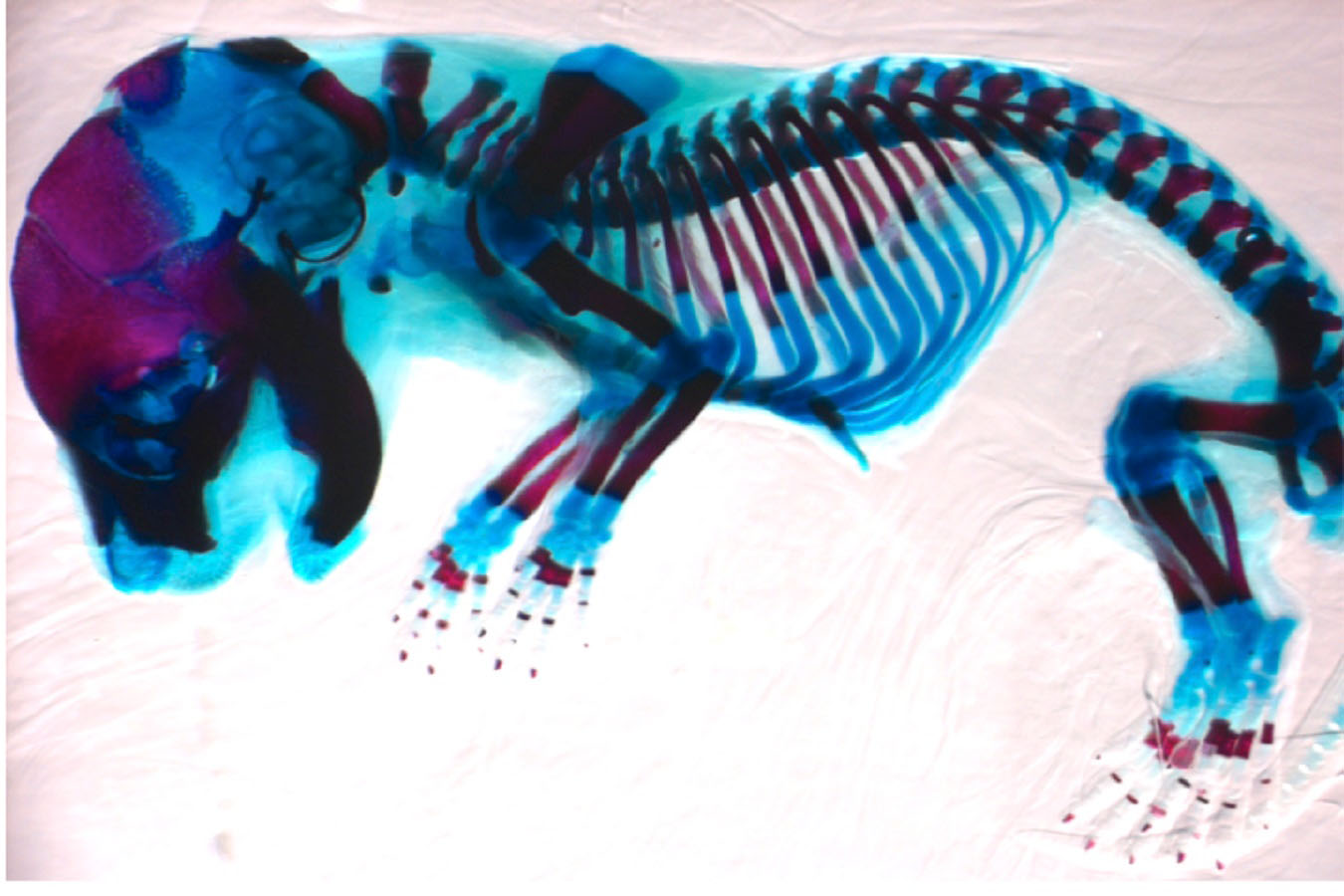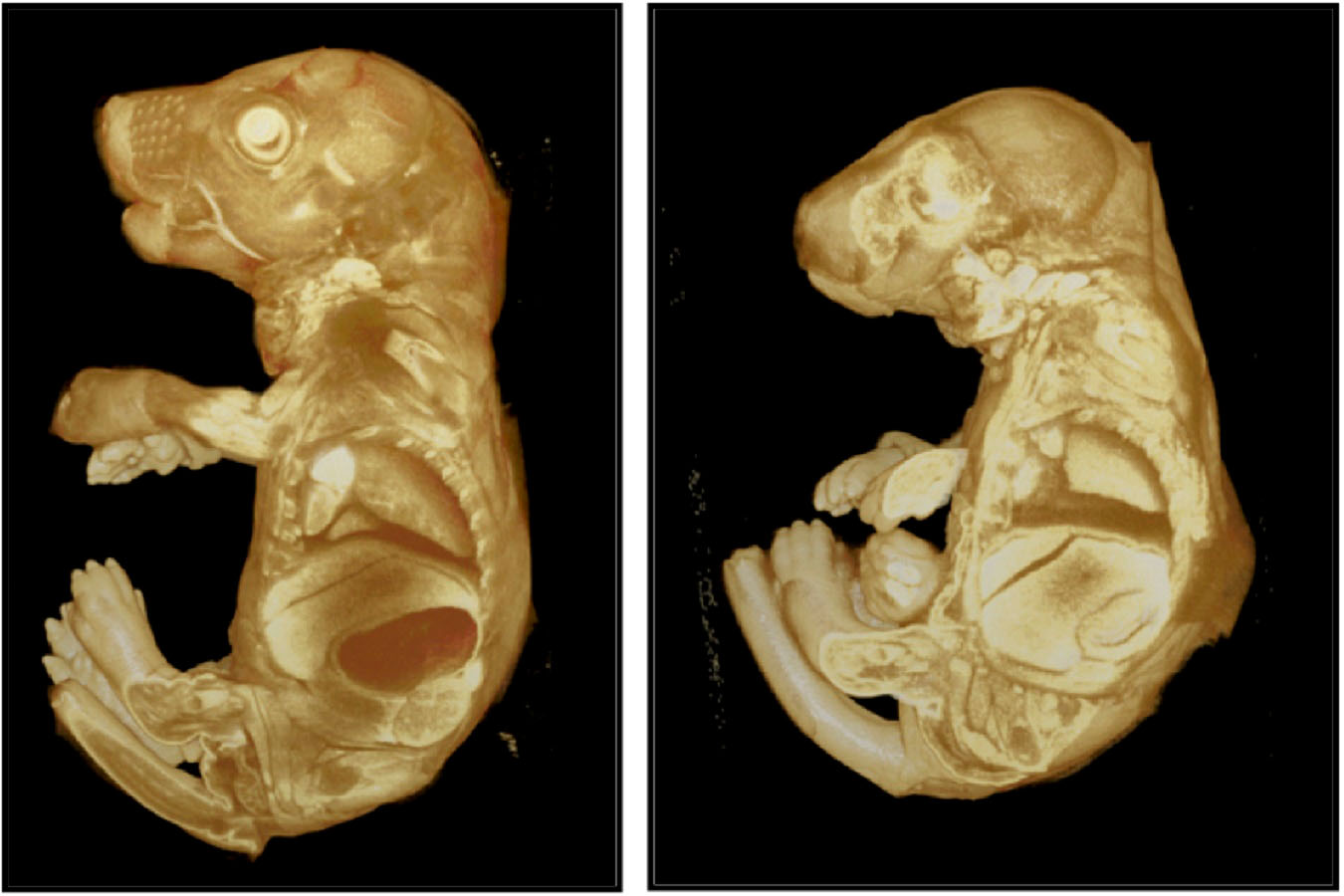Forward Genetic Analysis for Disease Gene Discovery in Mouse Models
A major focus of the lab has been screening ENU-mutagenized mice for defects in organ development. We have pursued a number of different approaches, with specific targets that include craniofacial, cardiac and neurodevelopmental defects. We have positionally cloned over 50 genes affecting mammalian development. Our most recent effort is an analysis of modifying genes that affect the severity of mutant phenotypes. We have also used a computational/population genetics analysis of human sequence data to identify genes require for normal development.
These mutants have provided important insight in human disease. For example, we characterized mutations of the gene Fog2 as associated with human congenital diaphragmatic hernia; this was the first causal gene discovered and is the most common mutation characterized in this severe developmental defect.
Of note is that the positional cloning component is often simply the beginning of the story - the experimental task of understanding mechanistic consequences of developmental defects is challenging and rewarding. For these studies we employ a wide variety of methods, including RNA expression analysis, histological studies, uCT imaging, and proteomic methods. In many cases, the biological function of the mutated genes we have identified is unknown, and characterizing these provides opportunities for true discovery.

